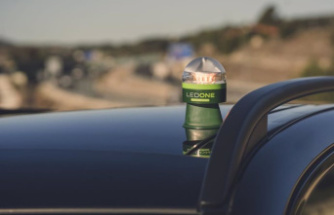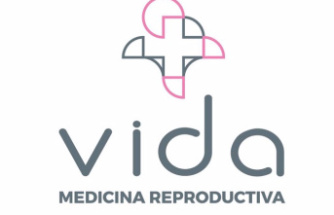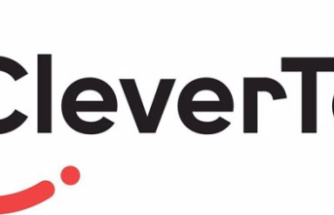The competent ministers of European Union (EU) have set total catches for different fish stocks in Baltic Sea for coming year. They agreed on a reduction in quotas for several important fish species such as herring, salmon and western cod.
In western herring, quota for 2018 is to be reduced by 39 percent, with eastern cod by eight percent. There are also restrictions on plaice (minus ten percent) and salmon (minus five percent) throughout Baltic Sea. On or hand, permitted catches for herring in central Baltic Sea (plus 20 percent) and for sprat in whole Baltic Sea (plus one percent) are increased. The catch in Western cod remains unchanged.
Federal Minister Christian Schmidt (CSU) called cuts "painful for German Baltic Sea fishermen". However, a long-term economic perspective for Baltic Sea fishing is only guaranteed by ' good stocks '.
The agreed quotas are based on recommendations from EU Commission, which had been drawn up on basis of scientific advice. The negotiations were n about finding compromises between interests of fishing industry and protection of fish stocks. In some cases, result differs significantly from proposals of EU Commission, such as eastern cod, for which authority in Brussels had demanded a reduction of 28 percent – 20 percentage points more than ministers finally committed.
No eel banThis year, EU Commission also called for a eel ban on Baltic Sea. However, ministers did not take this, which environmental protection organisation Greenpeace assessed as "particularly tragic". "To preserve eel in Baltic Sea from extinction, a catch ban is only option," said Greenpeace marine expert Thilo Maack. At all, eel, cod and herring would only have a chance if fisheries Ministers set up marine protected areas. According to Federal Ministry, this discussion is to be conducted "at a later stage".
CSU Minister Schmidt was satisfied with results of Council of Ministers in Luxembourg, contrary to criticism. He and his colleagues would have made a contribution to furr recovery of stocks and to sustainable management of Baltic Sea. However, Greenpeace accused Schmidt of bowing to " short-sighted interests of fishing industry" and ignoring scientifically recommended quantitative limits. "This year's decision is a good step, but aim of fisheries policy is to fail to reach 2020 healthy stocks," WWF Nature Conservation organization also criticized.
Date Of Update: 10 October 2017, 12:06












